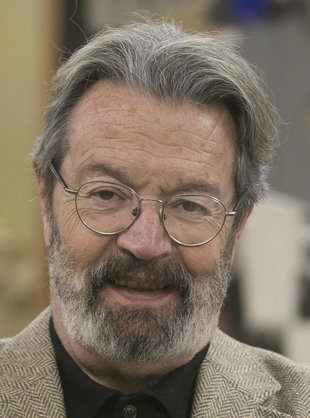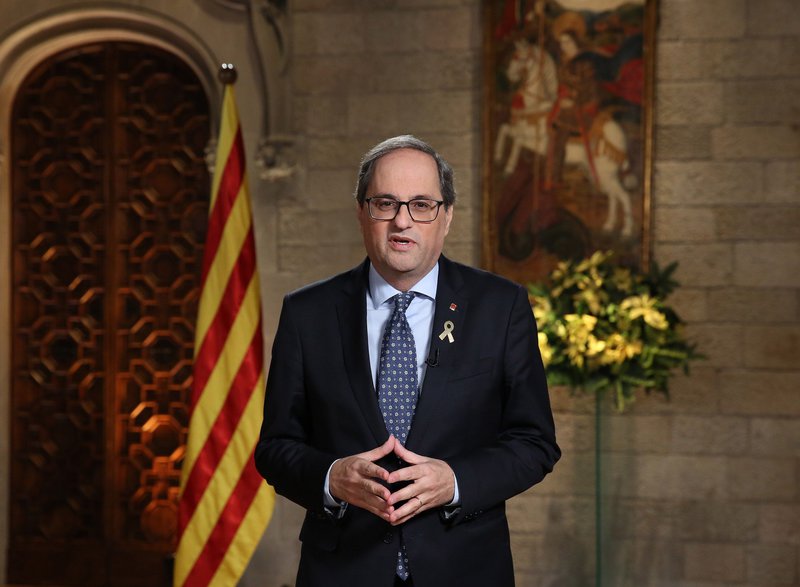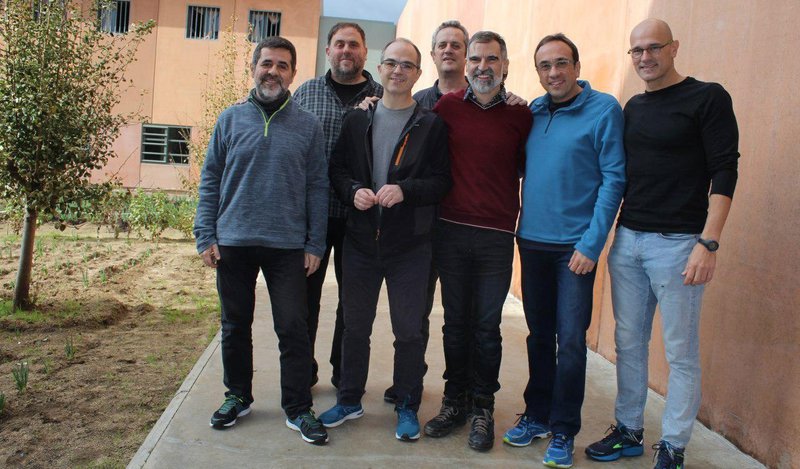In the news
WHAT HAPPENED IN DECEMBER
Barcelona bans bicycles from pavements
From January 1, bicycles are no longer allowed on Barcelona pavements measuring between 3 and 4.75 metres in width. The move comes after an expansion of the city’s cycle lanes, which now make up over 200 kilometres, according to the council.
Plan to reduce university tuition fees by 30%
The government is looking into reducing university tuition fees by 30% over three years, which could begin in the next academic year, depending on the budget passing in parliament. The Minister for Universities, Francesc Xavier Grau, estimated the cost at some €60m.
Pioneering operation on pancreatic cancer
Surgeons from Vall d’Hebron Hospital successfully operated on patients with locally advanced pancreatic adenocarcinoma using a pioneering technique consisting of inserting a needle into the tumour and burning the cancer cells. The patients who have received the new treatment will now be monitored to study whether it offers a longer life expectancy than other methods.
Tax on polluting vehicles not to begin until 2020
The new tax on polluting vehicles, part of climate change legislation passed three years ago, will be applied from 2020. The tax has run into obstacles delaying its application, such as a court suspension that was lifted in April. The government hopes the tax will bring in €70 m in annual revenue.
Cancer donations to TV3’s Marató break records
The TV3 Marató telethon celebrated its 27th edition, this time to raise money for cancer research. The sums raised are a new record for the Catalan charity initiative, at almost €11 million by the end of December.
New legislation aims to boost winemaking sector
The government will go ahead with legislation for the winemaking sector. The aim is to bring a Catalan law from 2002 into line with European rules and improve the competitiveness of Catalan wines, promote their diversity and quality, improve safety, and boost their international reputation. The new regulations could come into force at the start of 2019.
Government rail service to get ecological trains
The FGC railway is to get new ecological and sustainable trains from 2020. Some 15 new trains will be introduced, which will be made from recyclable materials and comply with noise pollution rules. The trains are part of a plan to improve the environmental management of the system.
Environmental impact of the tourist industry
Researchers from Barcelona’s Autonomous University have calculated the environmental impact of tourist activity on the city for the first time. The study found that each visitor to Barcelona produces greenhouse gas emissions equivalent to 96.9 kg of CO² a day.
WHAT THE FOREIGN PRESS SAYS ABOUT CATALONIA



FACES IN THE NEWS








